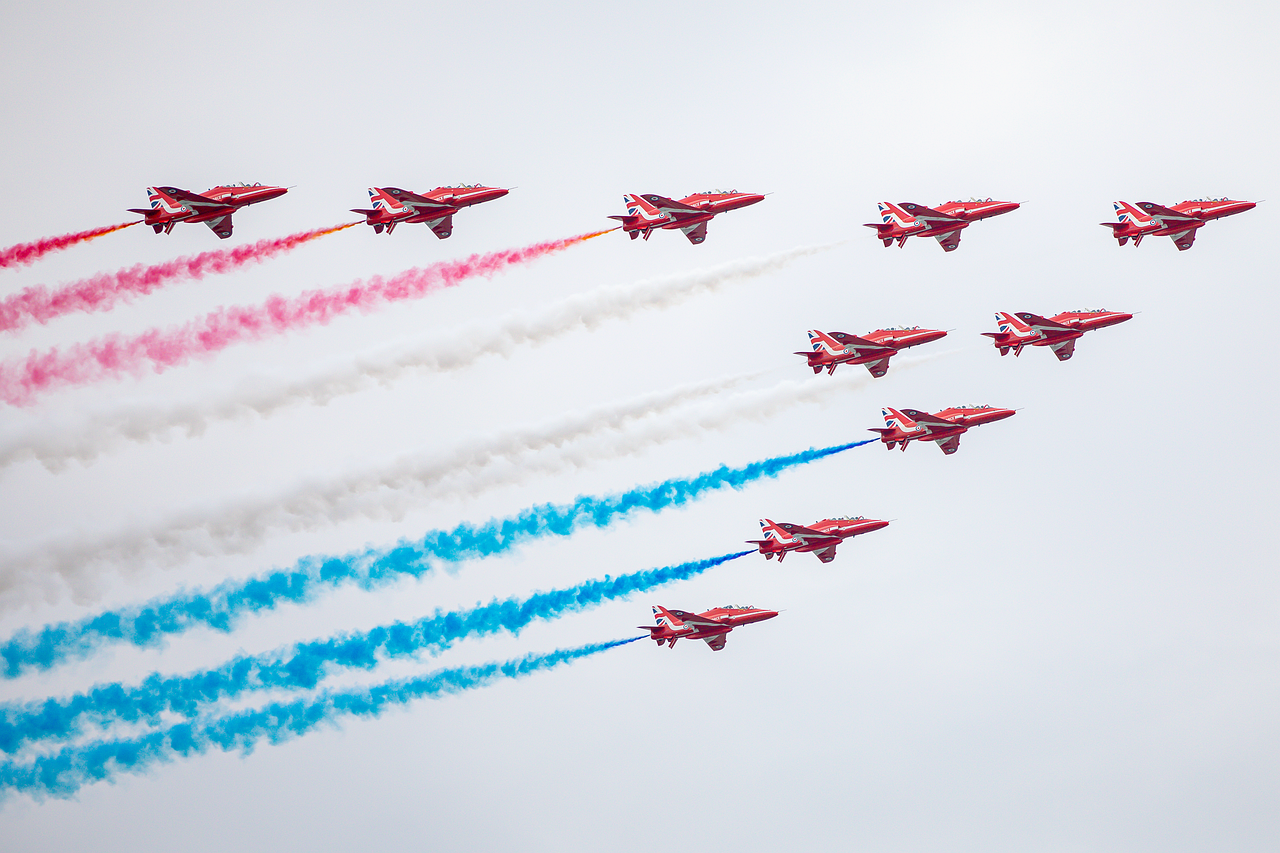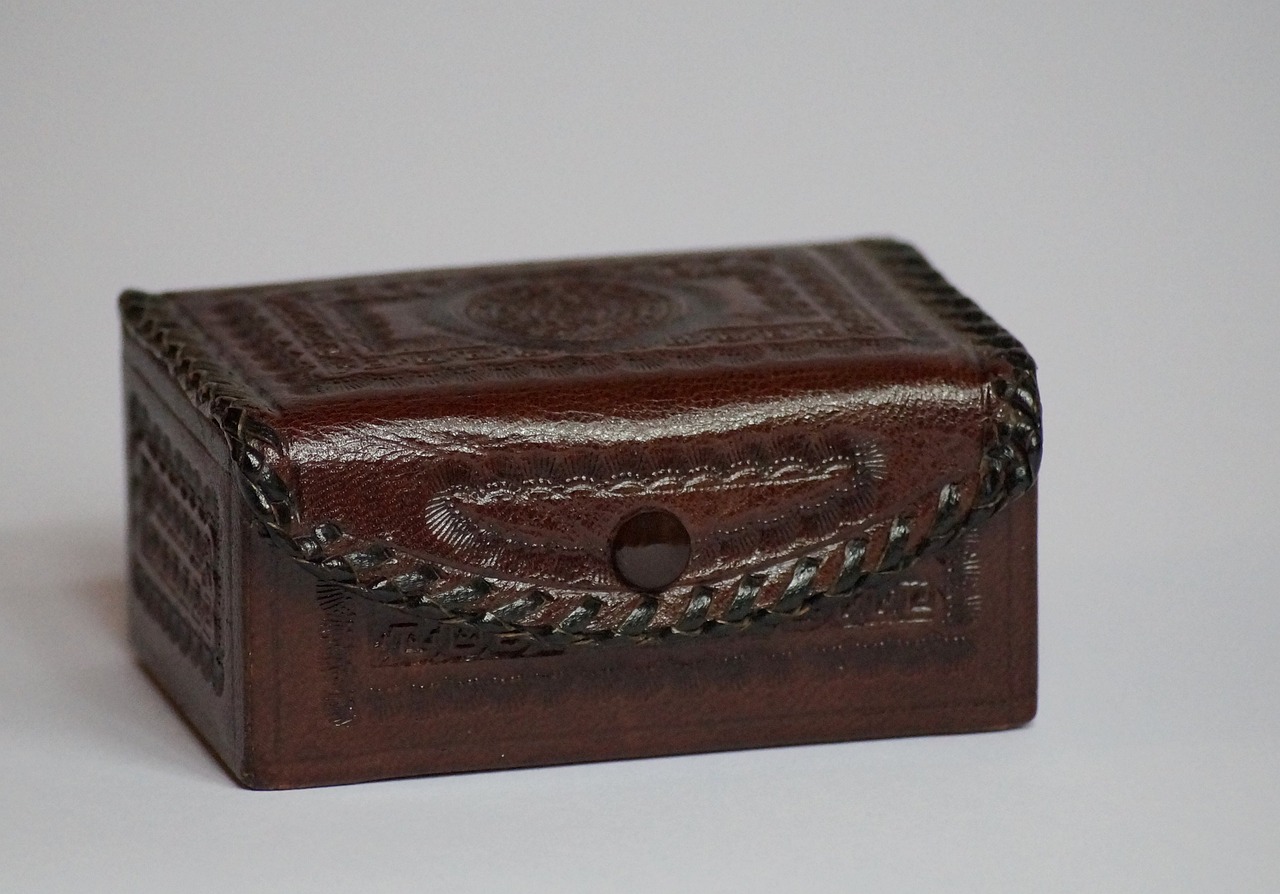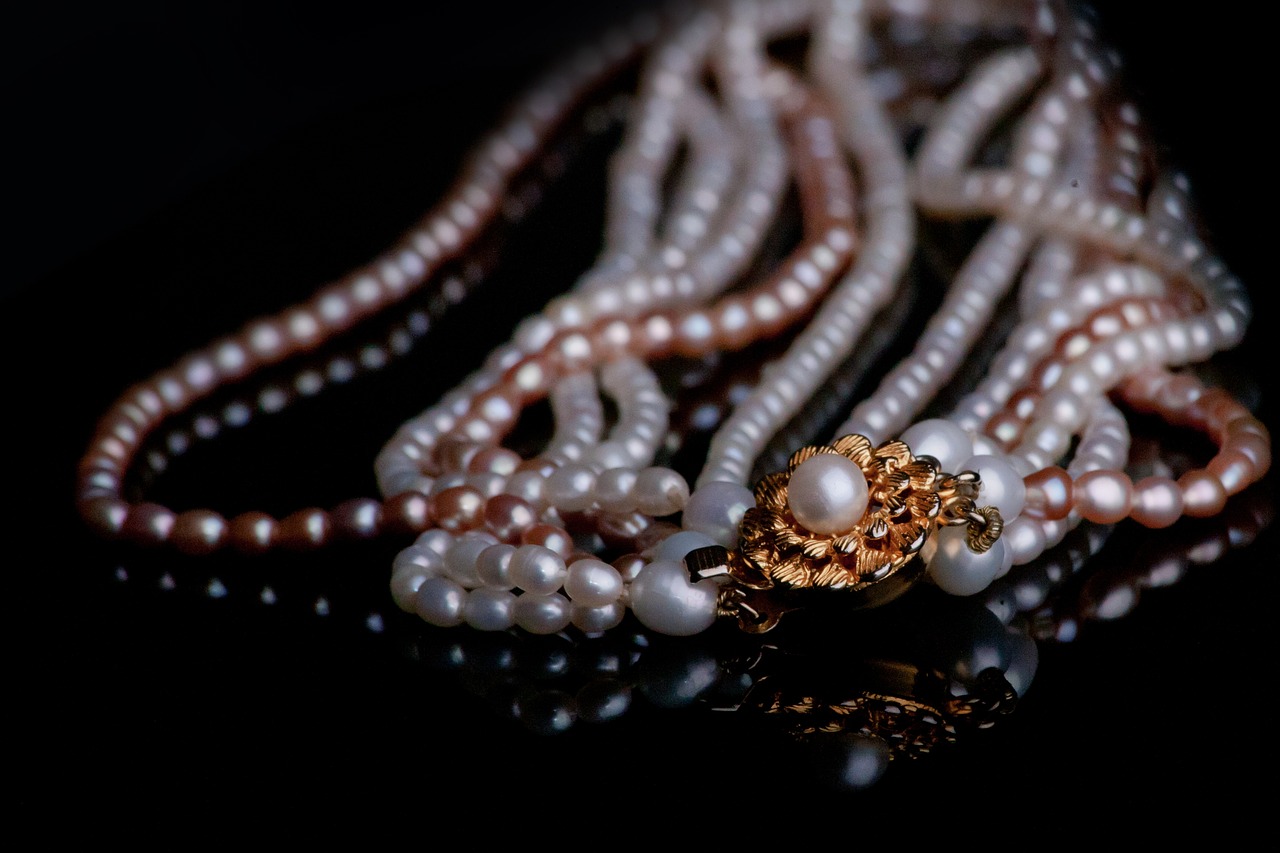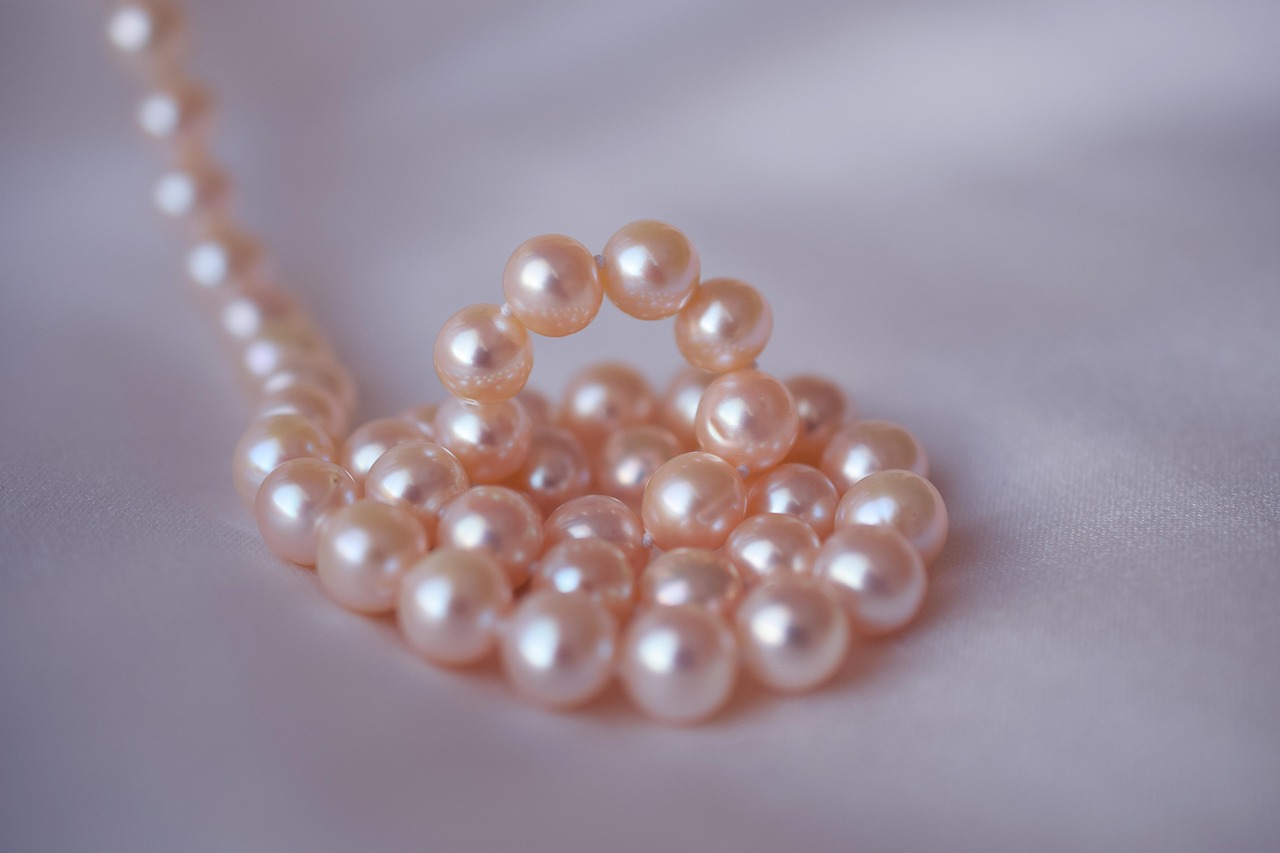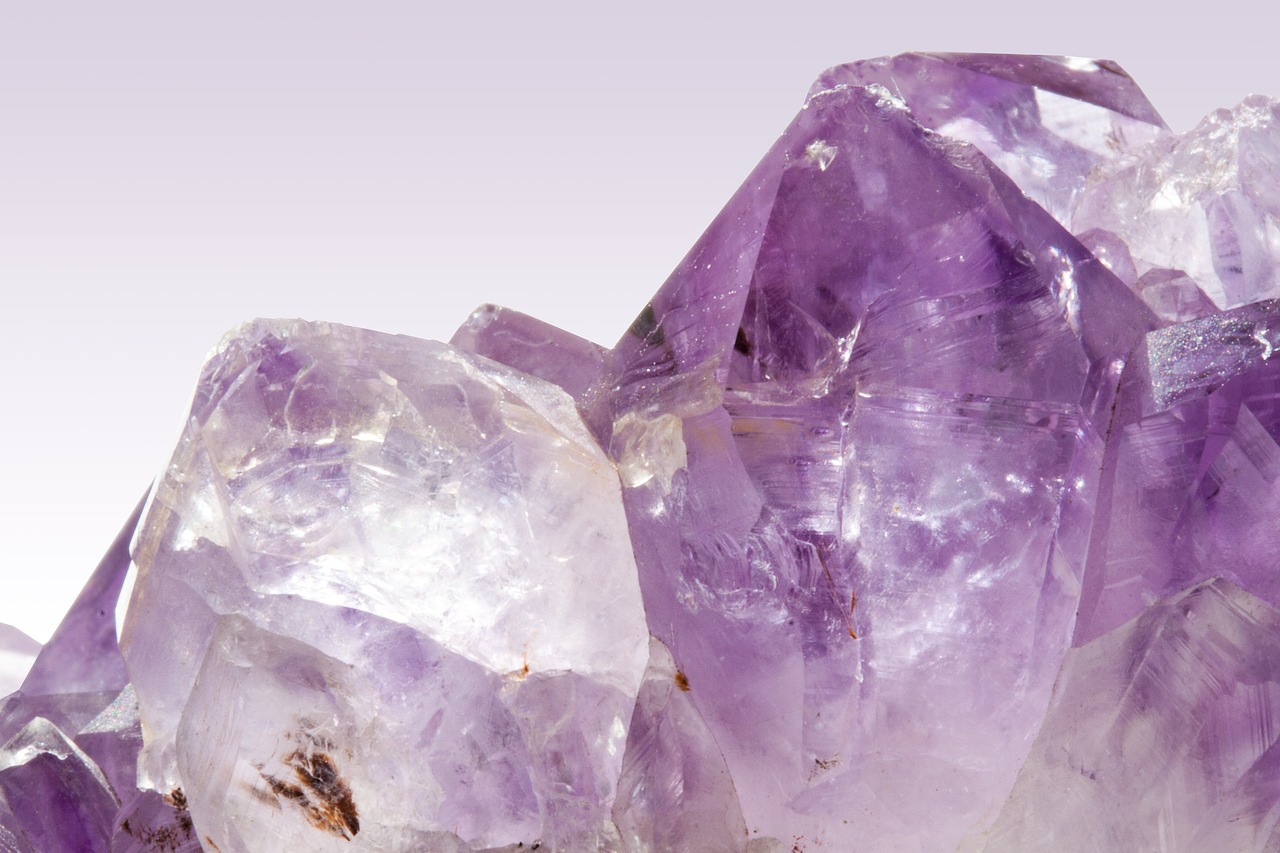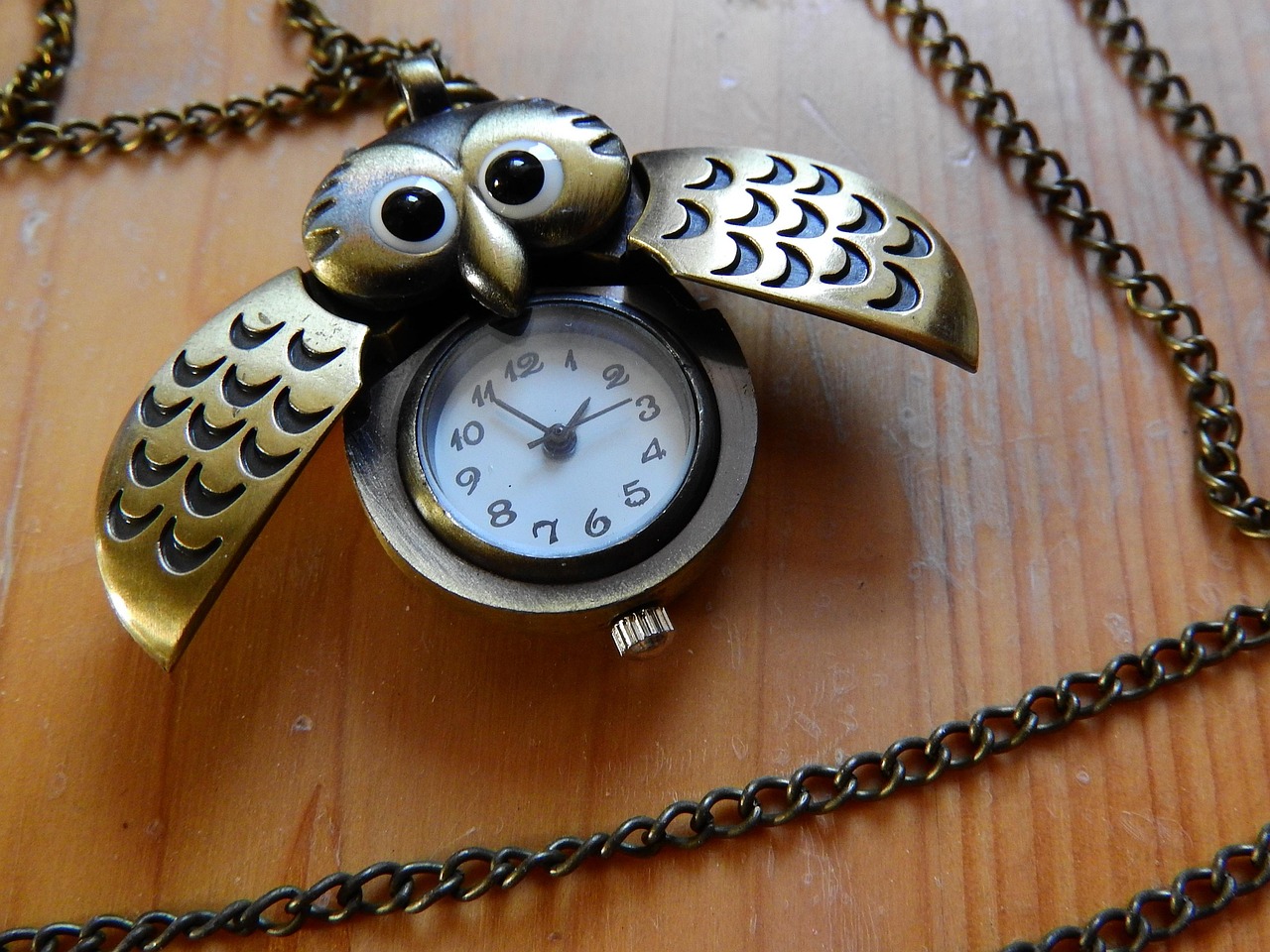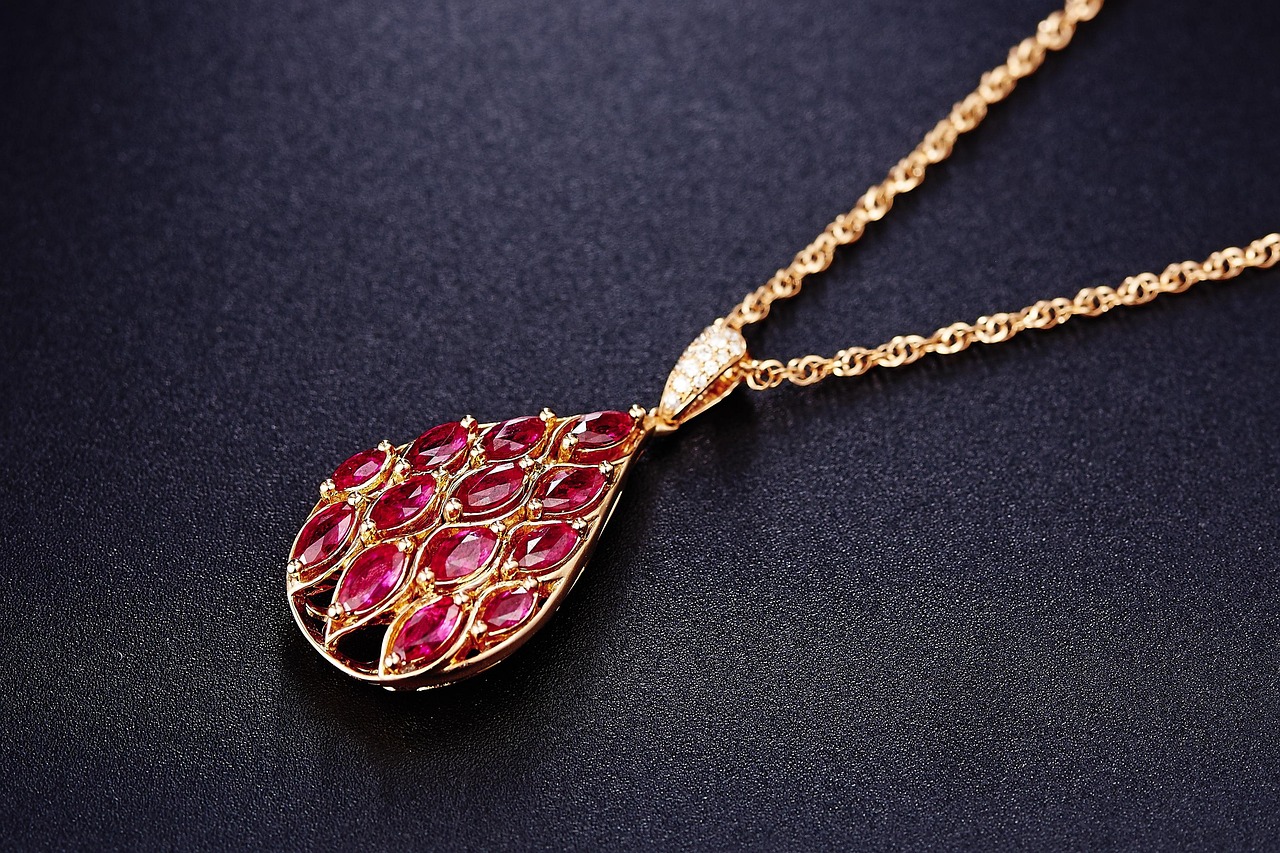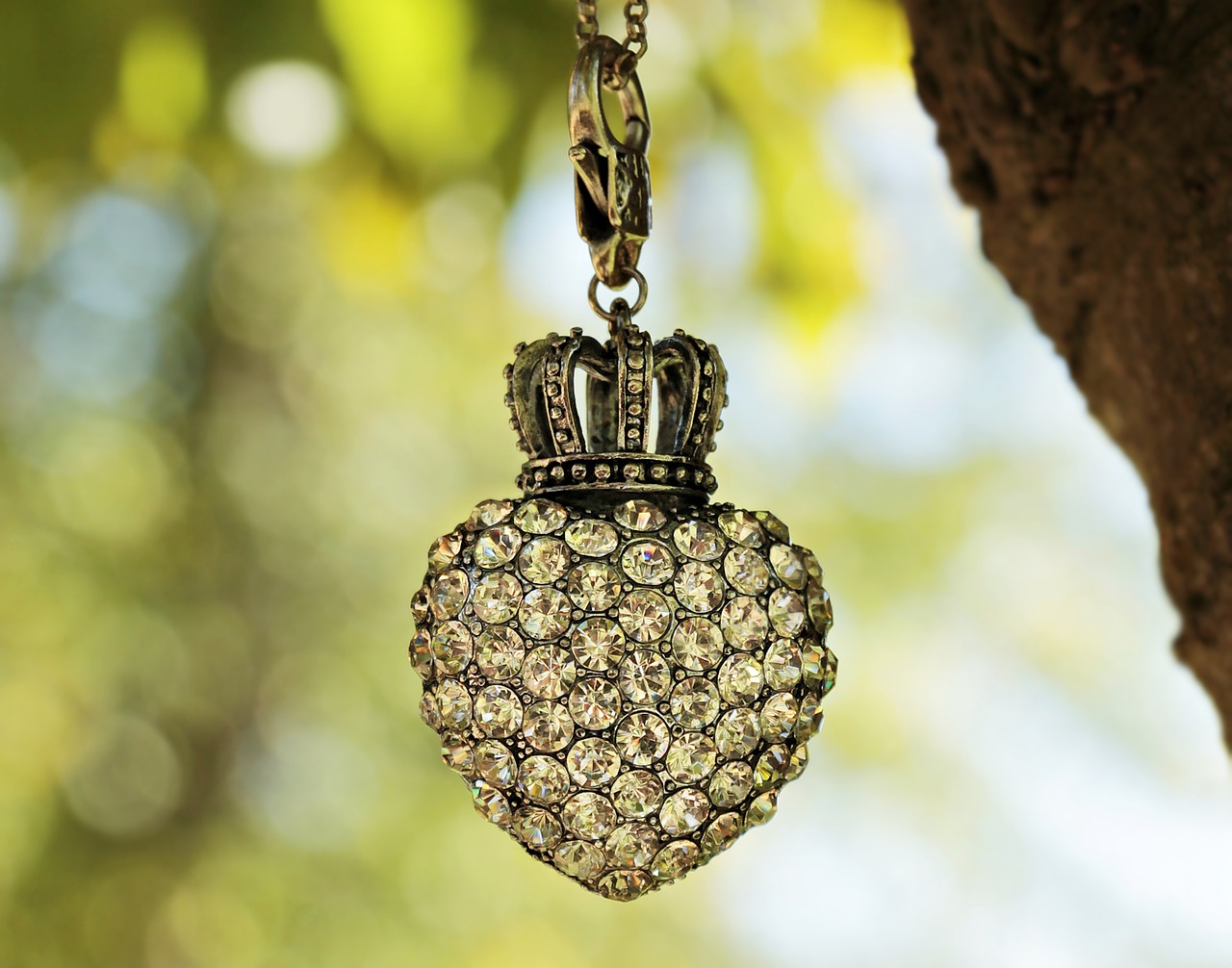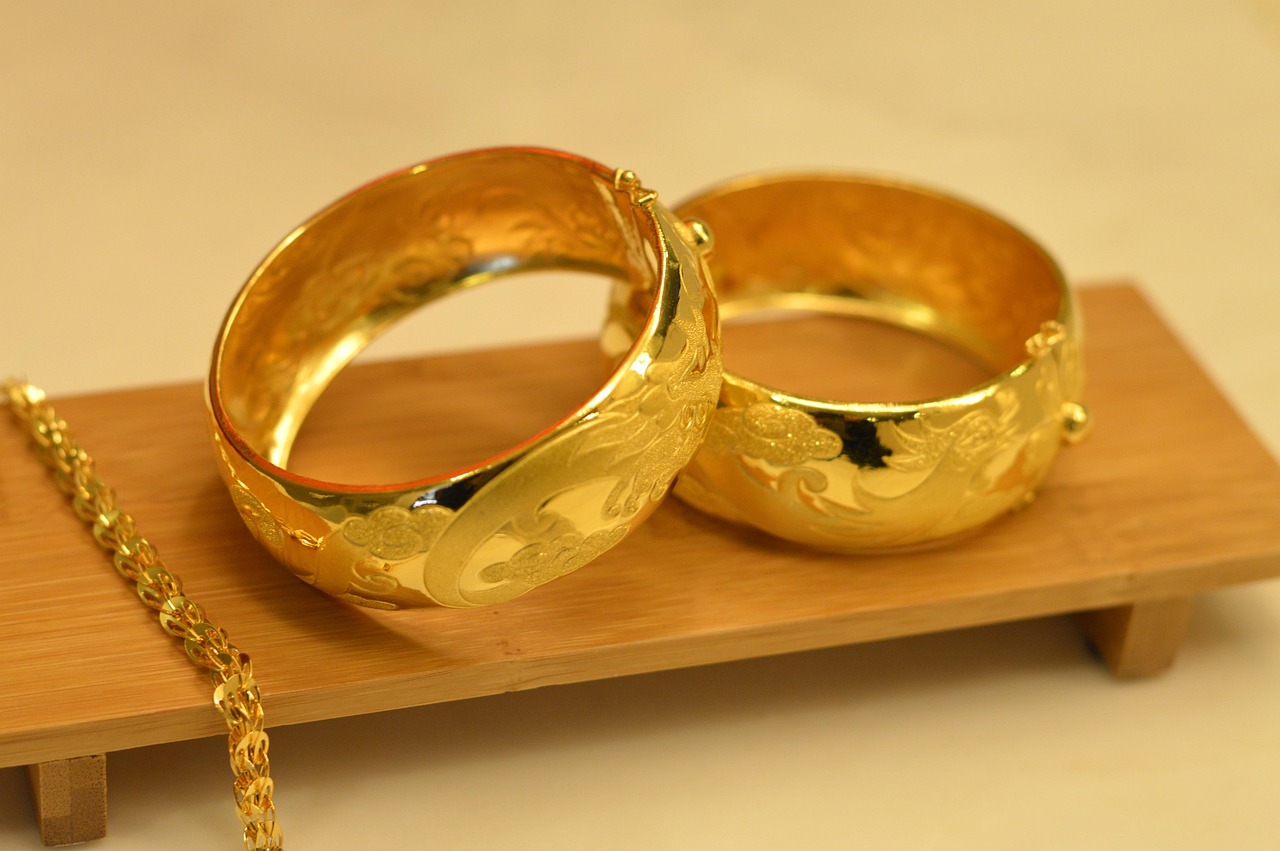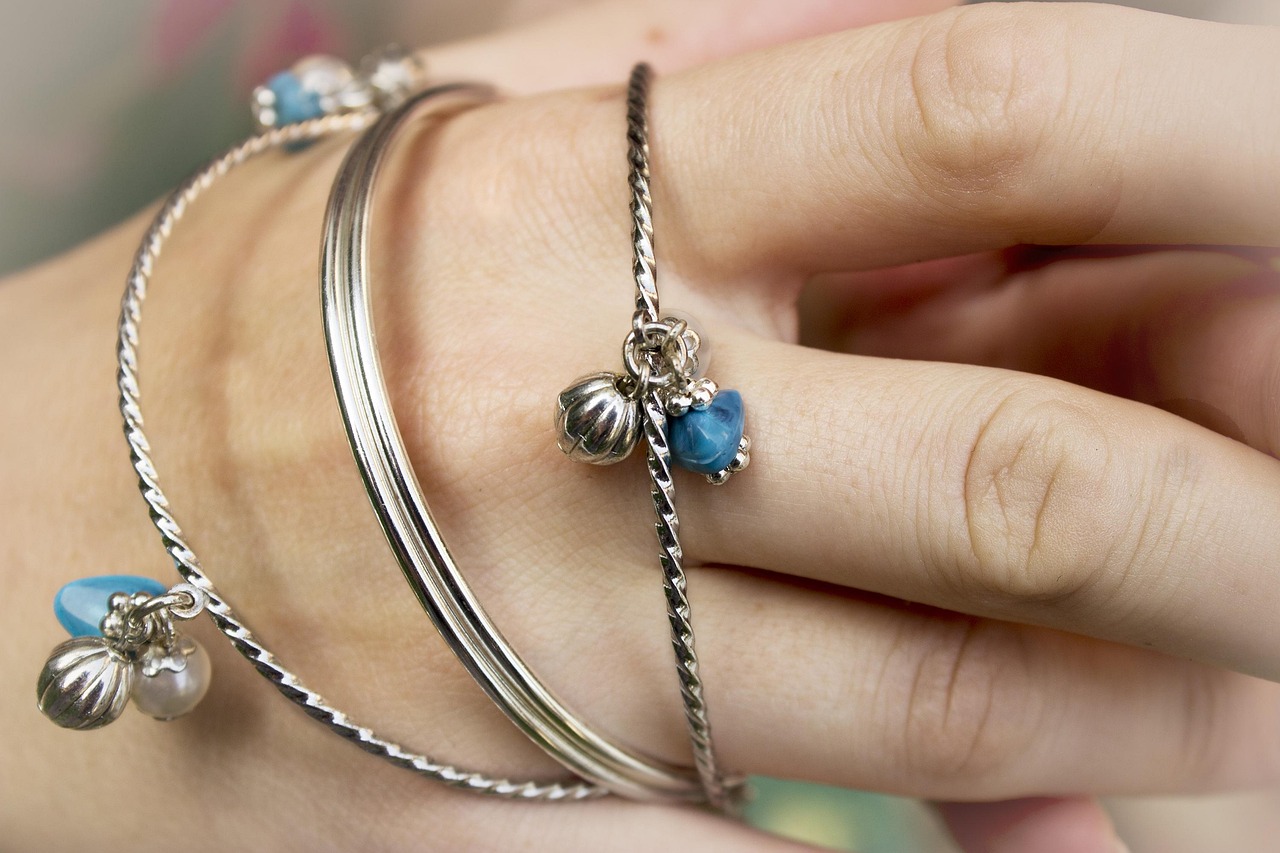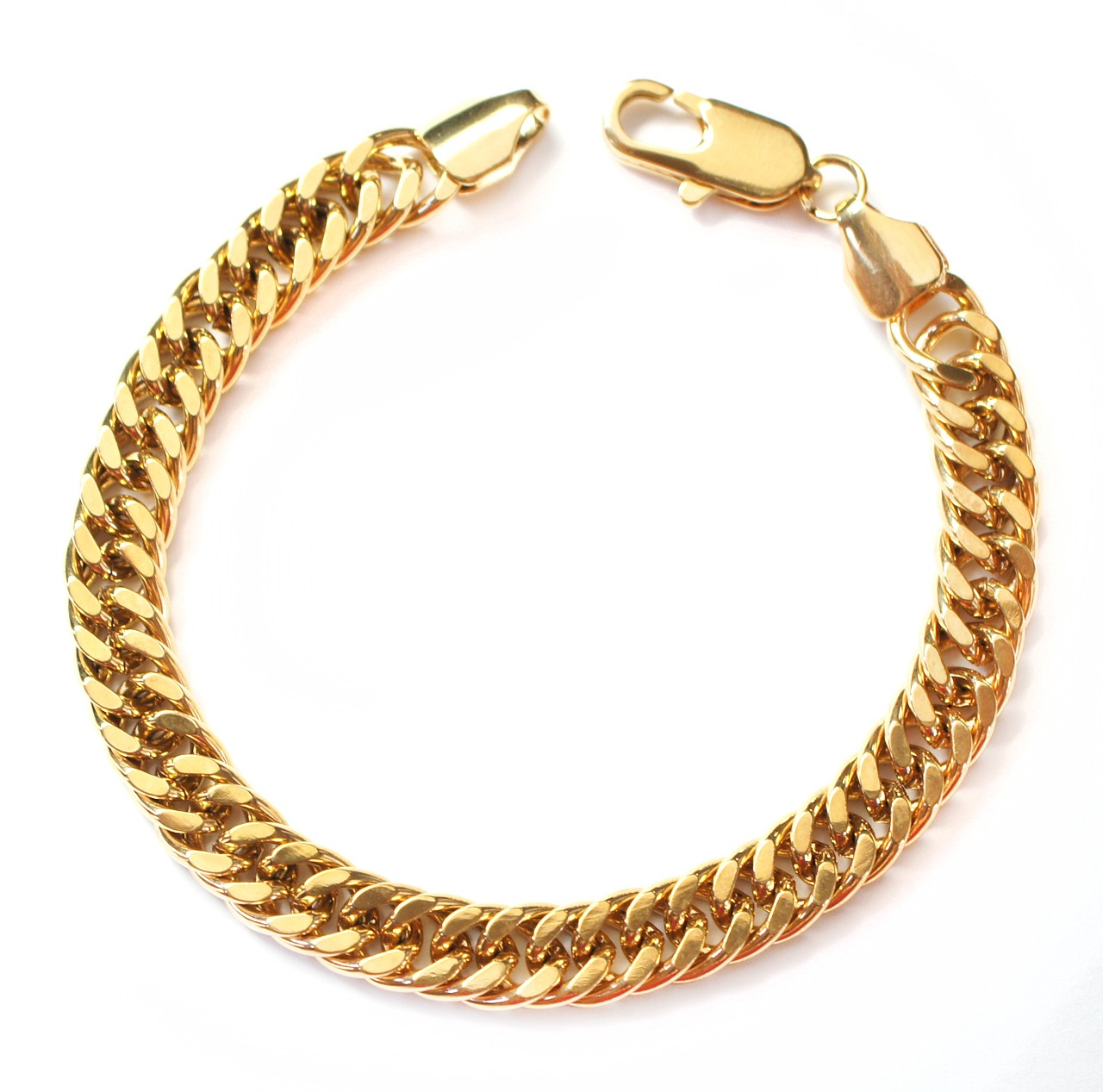When it comes to one of the most significant purchases in your life, wedding rings hold a special place. These rings symbolize love, commitment, and the promise of a lifetime together. However, selecting the perfect wedding ring goes beyond just aesthetics; it requires careful consideration of various factors to ensure that your choice is both beautiful and durable enough to last a lifetime.
Choosing the right material is crucial for both the durability and the overall look of your wedding ring. Here are some popular options:
- Gold: Available in yellow, white, and rose, gold is a classic choice. Opt for 14k or 18k for a balance between durability and beauty.
- Platinum: Known for its strength and hypoallergenic properties, platinum is a premium option that resists tarnishing.
- Alternative Metals: Consider materials like titanium or tungsten for a modern twist. These metals are incredibly durable and scratch-resistant.
Getting the right fit is essential for comfort. Here are some tips to measure your ring size accurately:
- Visit a jeweler for a professional measurement.
- Use a ring sizer tool at home, ensuring you measure at different times of the day.
- Consider the width of the band, as wider bands may require a slightly larger size.
Wedding rings come in a variety of styles to suit different tastes. Popular options include:
- Classic Bands: Simple and timeless, these rings are perfect for those who prefer a minimalist look.
- Diamond-Studded Rings: Adding diamonds or gemstones can enhance the ring’s beauty.
- Vintage-Inspired Designs: These rings often feature intricate details and can be a nod to the past.
Custom-designed wedding rings allow for a unique touch that reflects your personality. Collaborating with a jeweler can lead to a truly one-of-a-kind piece. Here are some benefits:
- You can incorporate personal elements, such as engravings or specific stones.
- Custom designs can ensure a perfect fit and style that matches your partner’s preferences.
Proper maintenance is key to preserving the beauty of your wedding ring. Follow these tips:
- Regularly clean your ring with mild soap and water.
- Store it in a soft pouch or box to prevent scratches.
- Schedule professional cleanings and inspections at least once a year.
The cost of wedding rings can vary widely based on materials and design. On average:
- Gold rings can range from $500 to $3,000.
- Platinum rings typically start around $1,000 and can go much higher.
- Alternative metals may be more budget-friendly, averaging around $200 to $800.
Selecting rings that match or complement each other enhances their aesthetic appeal. Here are some tips:
- Consider matching metals or styles.
- Look for designs that share similar elements, like engraving or stone settings.
Staying updated on the latest trends can help you choose a contemporary ring. Current popular styles include:
- Colorful gemstones as alternatives to traditional diamonds.
- Mixed metal designs for a unique look.
- Eco-friendly options made from recycled materials.
Purchasing from reputable jewelers ensures quality and authenticity. Look for:
- Certification for gemstones and metals.
- Positive customer reviews and a solid reputation.
- Transparent pricing and return policies.
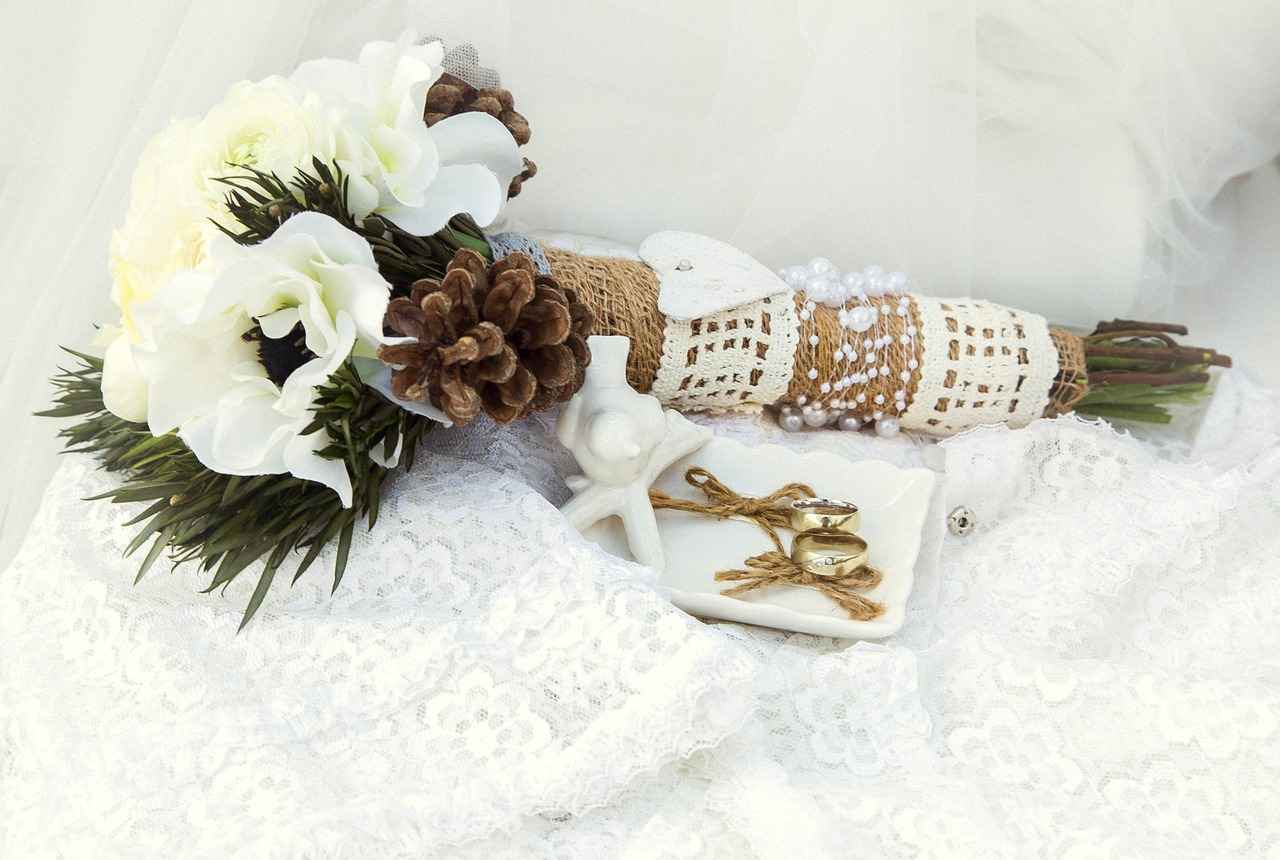
What Are the Best Materials for Wedding Rings?
When it comes to choosing the perfect wedding ring, understanding the various materials available is essential for both durability and style. The material of your wedding ring not only affects its appearance but also its longevity and how it will withstand daily wear. Below, we explore some of the most popular options, including gold, platinum, and alternative metals.
Gold is perhaps the most traditional choice for wedding rings, available in various colors including yellow, white, and rose. Each type of gold is alloyed with different metals to enhance its strength and durability. For instance:
- Yellow Gold: A classic choice that exudes warmth and richness. It is typically alloyed with metals like copper and zinc.
- White Gold: This modern option offers a sleek and contemporary look, often plated with rhodium for added shine and protection.
- Rose Gold: Known for its romantic hue, rose gold is alloyed with copper, giving it a unique pinkish tone.
Gold wedding rings are not only beautiful but also versatile, making them suitable for various styles and preferences.
For those seeking a ring that stands the test of time, platinum is an excellent choice. This precious metal is known for its incredible strength and resistance to wear and tarnish. Some key characteristics of platinum include:
- Hypoallergenic: Ideal for those with sensitive skin, platinum is less likely to cause allergic reactions compared to other metals.
- Density: Platinum is heavier than gold, giving it a substantial feel that many couples appreciate.
- Longevity: Over time, platinum develops a natural patina, which many find appealing as it adds character to the ring.
In recent years, alternative metals have gained popularity among couples looking for something unique. Options such as tungsten carbide, titanium, and ceramic offer distinct advantages:
- Tungsten Carbide: Known for its scratch-resistant properties, tungsten carbide is incredibly durable and comes in a variety of finishes.
- Titanium: Lightweight yet strong, titanium is an excellent choice for those seeking a comfortable fit without sacrificing durability.
- Ceramic: This material is available in various colors and offers a modern aesthetic, though it is more prone to chipping than metal options.
When selecting the material for your wedding ring, consider your lifestyle, personal style, and budget. Each material has its unique charm and benefits, so it’s essential to choose one that resonates with you and your partner.
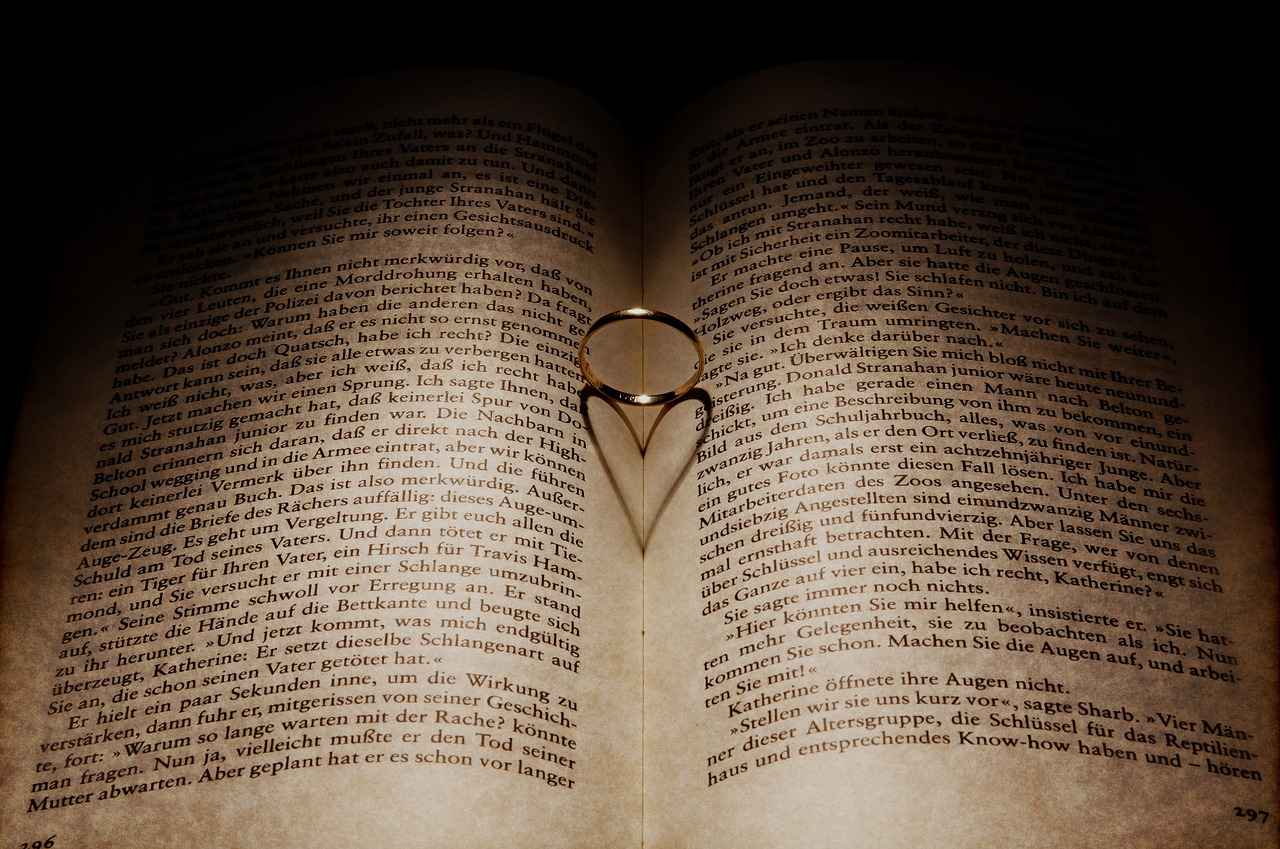
How to Choose the Right Ring Size?
Choosing the perfect wedding ring is a significant step in preparing for your special day. One of the most crucial aspects of this process is ensuring you select the right ring size. A well-fitted ring not only enhances comfort but also contributes to the longevity of the piece. Below, we provide essential tips and insights on how to accurately measure your ring size.
Getting the right size is vital for several reasons:
- Comfort: A ring that is too tight can cause discomfort, while one that is too loose may slip off and get lost.
- Durability: A properly fitted ring is less prone to damage, as it won’t be subjected to unnecessary stress.
- Aesthetic Appeal: A ring that fits well looks better on the finger, enhancing its overall appearance.
There are various methods to measure your ring size accurately:
- Use a Ring Sizer: Purchase a ring sizer online or visit a local jeweler. This tool allows you to measure your finger size precisely.
- String Method: Take a piece of string or a thin strip of paper and wrap it around the base of your finger. Mark the point where the string overlaps and measure the length with a ruler.
- Existing Ring: If you have a ring that fits well, measure its internal diameter using a ruler. Compare this measurement with a ring size chart to find your size.
It’s essential to consider the time of day when measuring your ring size. Fingers can swell due to heat or physical activity, making them larger than usual. For the most accurate measurement, it’s advisable to measure your ring size:
- In the evening, when your fingers are likely to be at their largest.
- When your hands are at a normal temperature, avoiding extreme heat or cold.
If you find yourself between two sizes, it’s generally recommended to choose the larger size. This is particularly important if you live in a warmer climate or engage in activities that may cause your fingers to swell.
While measuring at home can provide a good estimate, visiting a professional jeweler for a fitting is the most reliable option. Jewelers have specialized tools and expertise to determine your exact size, ensuring a perfect fit.
Once you’ve chosen your ring size, consider the following tips for long-term comfort:
- Choose the Right Band Width: Wider bands may require a slightly larger size due to their snug fit.
- Consider Ring Thickness: Thicker rings may feel tighter, so ensure your size accommodates this factor.
- Account for Changes: Remember that weight fluctuations and lifestyle changes can affect your finger size over time.
In summary, selecting the right ring size is an essential part of purchasing a wedding ring. By following these guidelines, you can ensure that your ring not only looks beautiful but also feels comfortable and lasts for years to come.
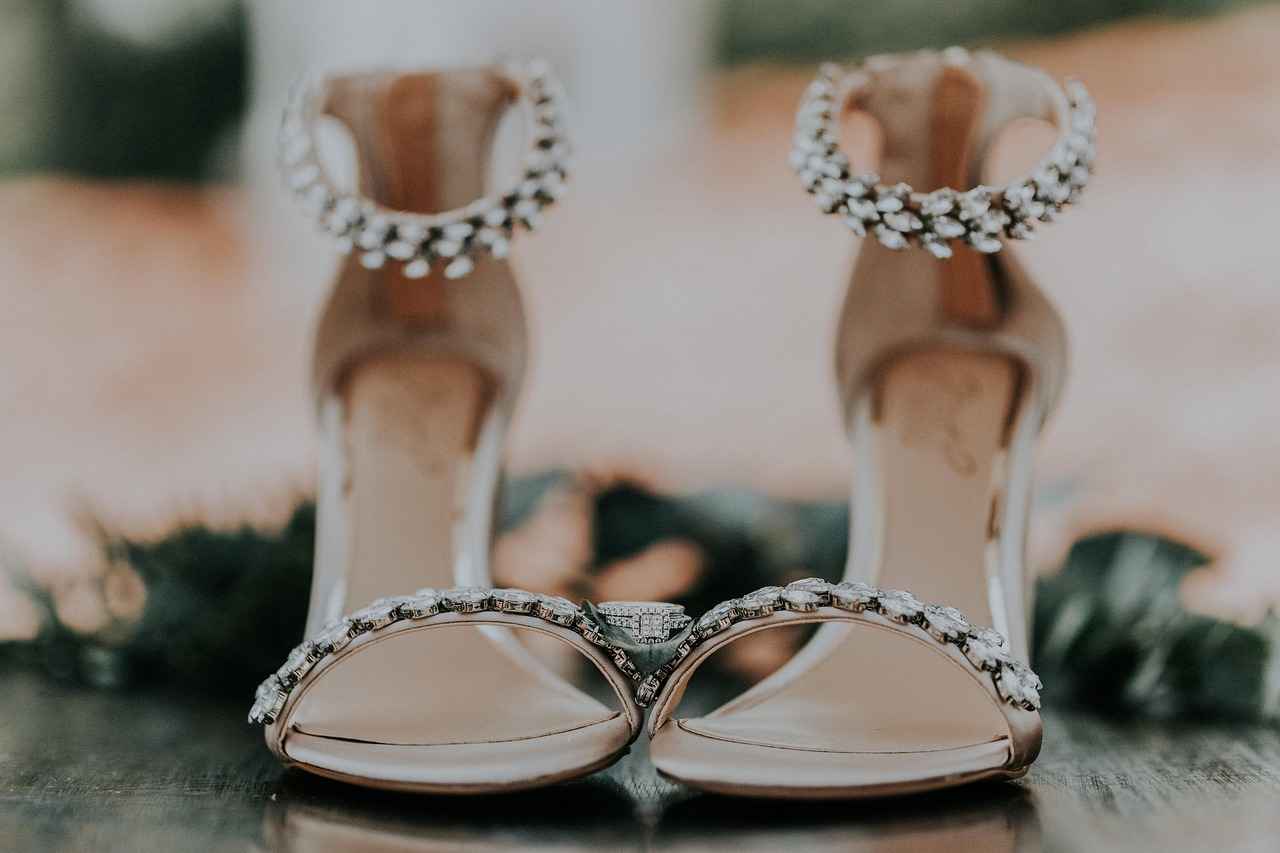
What Styles of Wedding Rings Are Available?
When it comes to selecting a wedding ring, the options are as diverse as the couples themselves. Wedding rings symbolize love and commitment, and their design can reflect individual personalities and styles. In this section, we will explore various styles of wedding rings, from the timeless classics to the contemporary trends, helping you find the perfect ring that resonates with your unique identity.
Classic wedding rings are characterized by their simple and elegant designs. These rings typically come in the form of a plain band, often made from gold or platinum. Their enduring appeal lies in their versatility, making them suitable for any occasion. Some popular classic styles include:
- Plain Bands: A smooth, unadorned band that symbolizes purity and simplicity.
- Milgrain Bands: Featuring tiny beads along the edges, these rings add a vintage touch.
- Hammered Bands: With a textured surface, these rings offer a rustic charm.
For those who prefer a more contemporary look, modern wedding rings offer a range of innovative designs. These rings often incorporate unique shapes, materials, and embellishments. Some notable modern styles include:
- Geometric Designs: Featuring sharp angles and bold shapes, these rings make a striking statement.
- Mixed Metals: Combining different metals like rose gold, white gold, and yellow gold creates a distinctive look.
- Stone-Set Bands: Incorporating diamonds or colored gemstones adds a personal touch and sparkle.
Vintage wedding rings draw inspiration from past eras, often featuring intricate designs and detailed craftsmanship. These rings are perfect for those who appreciate history and want a piece that tells a story. Popular vintage styles include:
- Art Deco: Known for geometric patterns and bold colors, Art Deco rings exude glamour.
- Filigree: Delicate metalwork creates intricate designs, often set with small stones.
- Antique Replicas: Modern interpretations of old designs maintain the charm while using contemporary materials.
When selecting a wedding ring, consider your personal style and lifestyle. Do you prefer a minimalist look, or are you drawn to elaborate designs? Here are some tips to help you choose:
- Reflect on Your Daily Wear: Choose a ring that complements your everyday style.
- Consider Your Partner’s Preferences: If you’re shopping together, discuss styles to find common ground.
- Think About Your Lifestyle: If you lead an active lifestyle, opt for a durable design that can withstand daily wear.
In conclusion, selecting the right wedding ring style is an important decision that reflects not only your personal taste but also the bond you share with your partner. Whether you choose a classic, modern, or vintage design, the perfect ring will be a lasting symbol of your love.
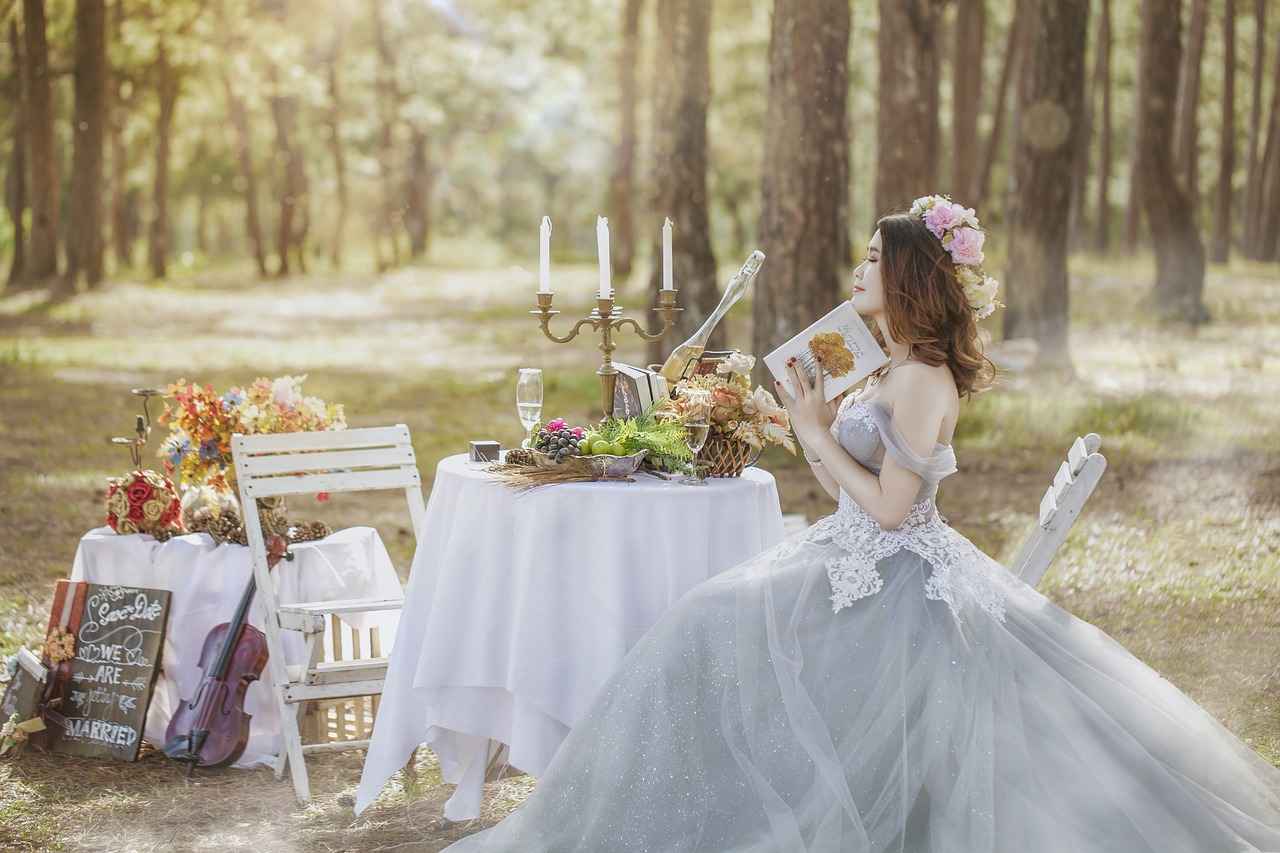
Why Consider Custom Designs for Wedding Rings?
When it comes to selecting wedding rings, many couples seek a piece that not only symbolizes their love but also stands out as a true reflection of their unique relationship. Custom-designed wedding rings provide the perfect solution for those looking to add a personal touch to their jewelry. This section delves into the benefits of personalization and offers guidance on collaborating with jewelers to create a one-of-a-kind piece.
- Personal Expression: Custom rings allow couples to incorporate elements that are meaningful to them, such as birthstones, engravings, or specific designs that tell their love story.
- Unique Design: Unlike mass-produced options, a custom ring is exclusively yours. You can choose the shape, style, and materials to ensure it stands out.
- Quality Craftsmanship: Working with skilled jewelers ensures that your ring is crafted with precision and care, often using higher quality materials than those found in pre-made options.
- Perfect Fit: Custom rings can be tailored to fit not only your finger size but also your personal style, ensuring maximum comfort and satisfaction.
Collaborating with a jeweler can be an exciting journey. Here are some steps to ensure a smooth process:
- Research Jewelers: Look for jewelers who specialize in custom designs. Check reviews, portfolios, and ask for recommendations from friends or family.
- Define Your Vision: Before meeting with a jeweler, gather inspiration. Create a mood board with images, colors, and styles that resonate with you.
- Consultation: Schedule a consultation to discuss your ideas. A good jeweler will listen to your vision and provide suggestions based on their expertise.
- Design Process: Once you agree on a design, the jeweler will create sketches or 3D models to visualize the final product. Be open to adjustments during this phase to ensure it meets your expectations.
- Final Approval: Before the ring is crafted, review the design thoroughly. Make sure every detail aligns with your vision.
When designing your custom wedding ring, consider the following materials:
- Gold: Available in yellow, white, and rose variations, gold is a classic choice known for its beauty and durability.
- Platinum: Renowned for its strength and hypoallergenic properties, platinum is perfect for those seeking a long-lasting option.
- Alternative Metals: Options like titanium or tungsten offer modern aesthetics and exceptional durability, ideal for active lifestyles.
In conclusion, opting for a custom-designed wedding ring not only provides a unique touch but also allows couples to create a piece that truly represents their love. By understanding the benefits of personalization and following the appropriate steps to collaborate with a jeweler, you can ensure that your wedding ring is a perfect symbol of your commitment.
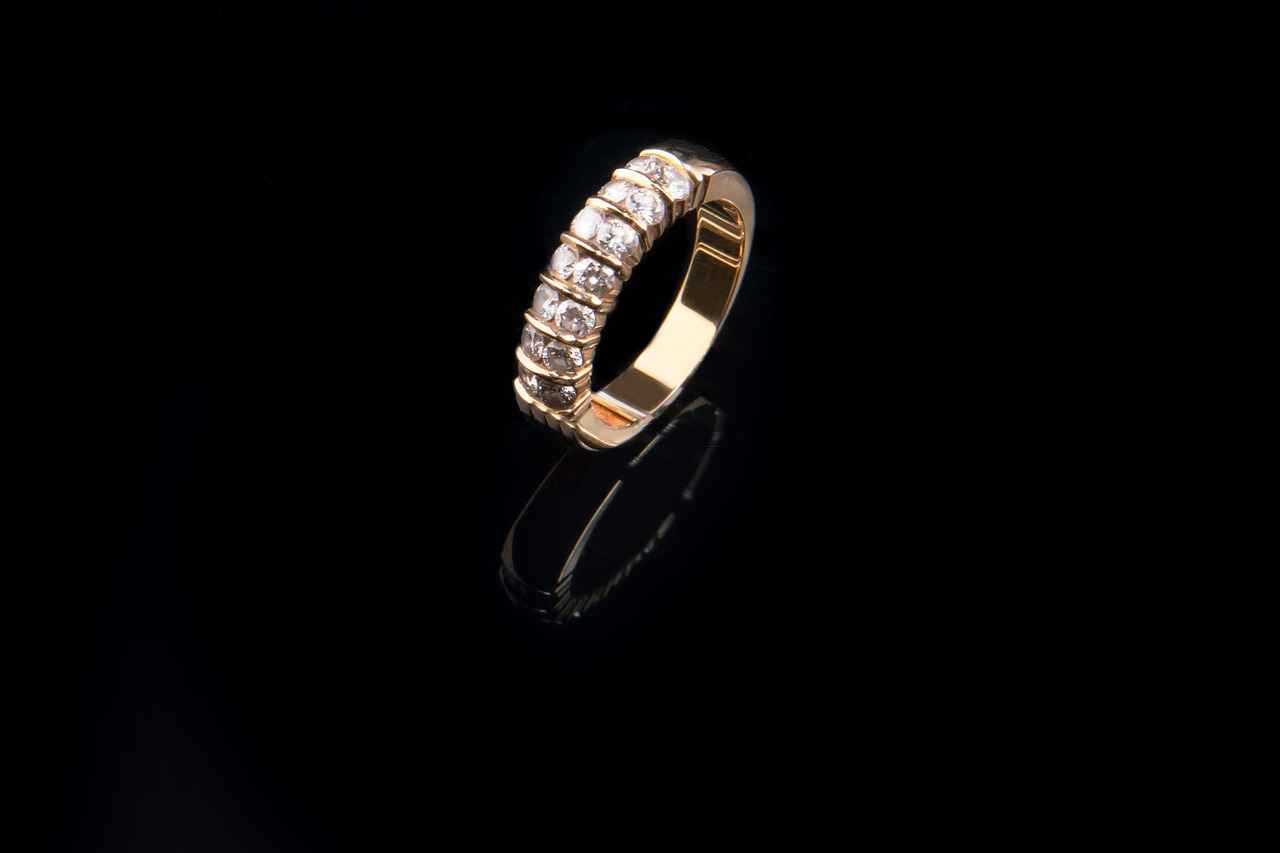
How to Care for Your Wedding Ring?
Proper maintenance is essential for ensuring the longevity of your wedding ring. Your wedding ring is not just a piece of jewelry; it symbolizes love and commitment. To keep it looking beautiful and to prevent damage, follow these practical tips for cleaning and storing your ring.
- Regular Cleaning: Clean your wedding ring regularly to remove dirt and oils. A simple solution of warm water and mild dish soap can work wonders. Soak your ring for about 20 minutes, then gently scrub it with a soft-bristled toothbrush. Rinse it thoroughly under warm water and dry it with a soft cloth.
- Professional Cleaning: Consider taking your ring to a professional jeweler for a deep clean at least once a year. They have specialized tools and solutions that can help restore its shine and check for any loose stones or damage.
- Avoid Harsh Chemicals: Keep your ring away from harsh chemicals found in household cleaning products, swimming pools, and hot tubs. These can cause damage to the metal and stones, dulling their shine and integrity.
- Proper Storage: When not wearing your wedding ring, store it in a soft pouch or a dedicated jewelry box to prevent scratches. Avoid placing it in the same compartment as other jewelry to minimize friction damage.
- Remove During Activities: Take off your wedding ring during activities that could cause damage, such as exercising, gardening, or cleaning. This will help preserve its condition and prevent accidental loss.
- Check for Damage: Regularly inspect your ring for any signs of wear, such as loose stones or scratches. If you notice any issues, take it to a jeweler for repair as soon as possible to avoid further damage.
By following these tips, you can ensure that your wedding ring remains a beautiful symbol of your love for years to come. Remember, a little care goes a long way in preserving the beauty and integrity of your cherished piece.
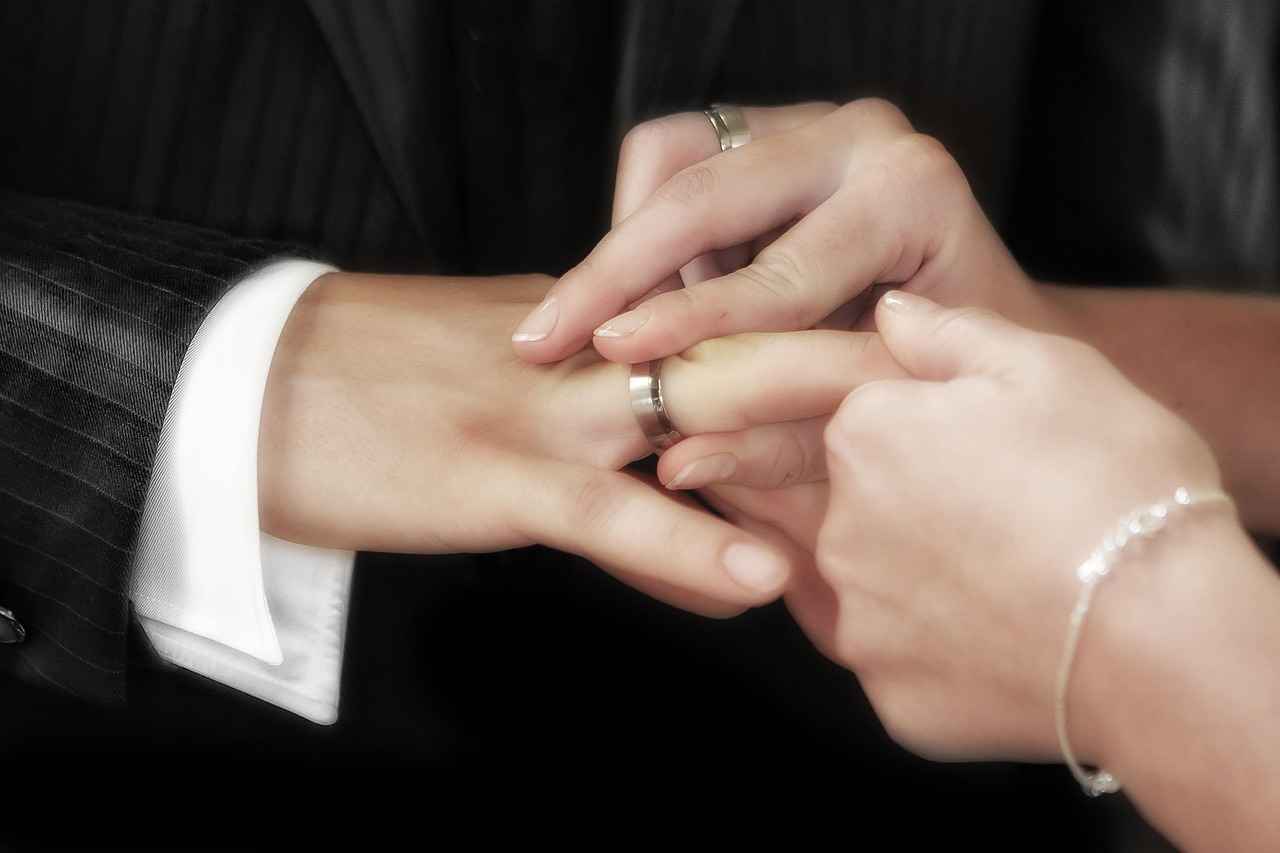
What Is the Average Cost of Wedding Rings?
When planning a wedding, one of the most significant expenses is the purchase of wedding rings. Understanding the financial aspect of purchasing wedding rings can help set a budget. This section breaks down the average costs associated with different materials and styles, ensuring you make an informed decision.
The average cost of wedding rings varies significantly based on several factors, including the type of metal, the design, and the presence of gemstones. On average, couples can expect to spend anywhere from $1,000 to $5,000 on wedding rings, but prices can go much higher depending on personal preferences and choices.
What Are the Costs of Different Materials?
- Gold: Traditional gold wedding rings can range from $1,000 to $3,000. Prices depend on the karat (10k, 14k, 18k) and whether it’s yellow, white, or rose gold.
- Platinum: Known for its durability and luxurious appeal, platinum rings typically start at around $1,500 and can exceed $5,000 based on design and craftsmanship.
- Alternative Metals: Options like titanium, tungsten, and stainless steel are becoming popular due to their affordability and durability, often costing between $300 and $1,500.
How Do Gemstones Affect Price?
Incorporating gemstones into wedding rings can significantly impact the overall cost. A simple diamond band may start at $1,500, while a ring adorned with multiple stones can range from $2,500 to $10,000 or more, depending on the quality and size of the stones.
What Styles Are Available and Their Costs?
- Classic Bands: Simple gold or platinum bands are often the most affordable, typically costing between $500 and $2,000.
- Designer Rings: Custom or designer rings can range from $2,000 to $10,000, depending on the designer’s reputation and the complexity of the design.
- Vintage Styles: Vintage or antique rings may carry a premium, often costing between $1,500 and $5,000.
How to Set a Realistic Budget?
To ensure you stay within your budget, consider the following tips:
- Determine a maximum amount you are willing to spend on wedding rings.
- Research different materials and styles to find options that fit your budget.
- Don’t forget to factor in additional costs such as insurance and maintenance.
By understanding the average costs and factors that influence the price of wedding rings, couples can make informed decisions that align with their financial situation and personal style. This knowledge not only helps in setting a realistic budget but also ensures that the chosen rings are a perfect representation of love and commitment.
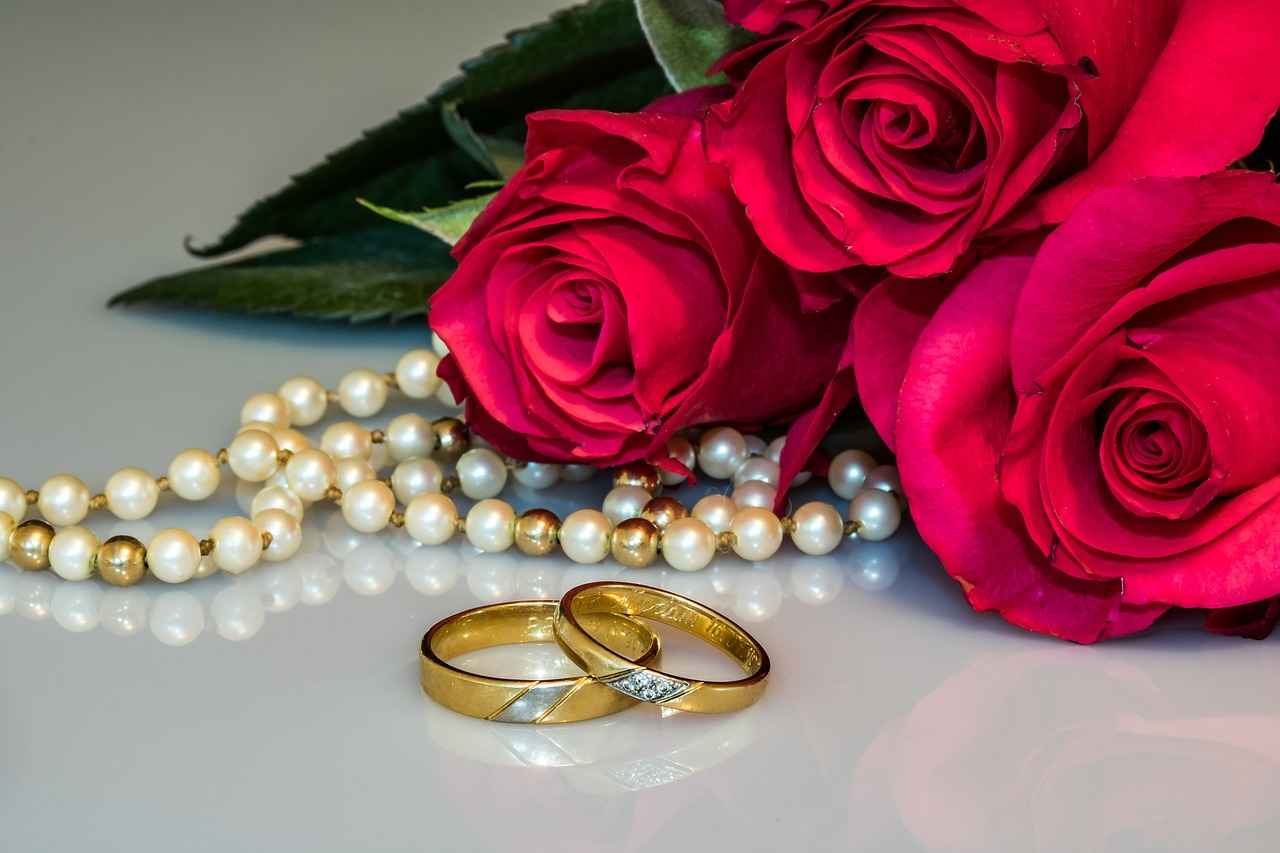
How to Choose Wedding Rings That Complement Each Other?
Choosing wedding rings is not just about selecting beautiful pieces; it’s also about ensuring that they complement each other in both style and aesthetic. This is crucial for couples who wish to symbolize their union through matching or harmonizing rings. Here are some essential tips to consider when selecting wedding rings that work well together:
- Consider the Metal Type: The choice of metal plays a significant role in how well the rings complement each other. For example, if one partner chooses a white gold ring, the other could opt for a platinum ring to create a subtle yet elegant contrast.
- Match the Finish: Whether you prefer a high-polish or matte finish, ensuring both rings share a similar texture can enhance their overall appearance. A mix of finishes can also create a unique look if done thoughtfully.
- Coordinate Styles: While it’s not necessary for both rings to be identical, they should share a common design element. For instance, if one ring features a vintage style, the other could have vintage-inspired details, such as filigree or engraving.
- Choose Complementary Gemstones: If one ring includes a gemstone, consider adding a matching or complementary stone in the other ring. This could mean choosing stones of similar color or cut, which can tie the rings together beautifully.
- Consider Width and Shape: The width and shape of the rings can also impact how they look together. A couple might choose to have rings of similar widths or shapes to create a balanced look.
When selecting wedding rings, it’s essential to keep in mind the overall theme and style of your wedding. For example, if you are having a rustic-themed wedding, you might want to choose rings that reflect that aesthetic, such as those with a more organic design or rough finish.
Another aspect to consider is the lifestyle of both partners. If one or both of you lead an active lifestyle, opting for durable materials that can withstand daily wear is wise. This could mean selecting rings with a more robust design or made from tougher materials.
Additionally, it’s important to communicate openly with each other about preferences and styles. This can help ensure that both partners are happy with their choices and that the rings represent their unique bond. Visiting a jeweler together can also provide insights into how different styles and materials look in person, allowing for a more informed decision.
Ultimately, the goal is to find wedding rings that not only symbolize your love but also reflect your individual styles while complementing each other. By considering these tips, you can choose rings that will not only look stunning together but will also stand the test of time.
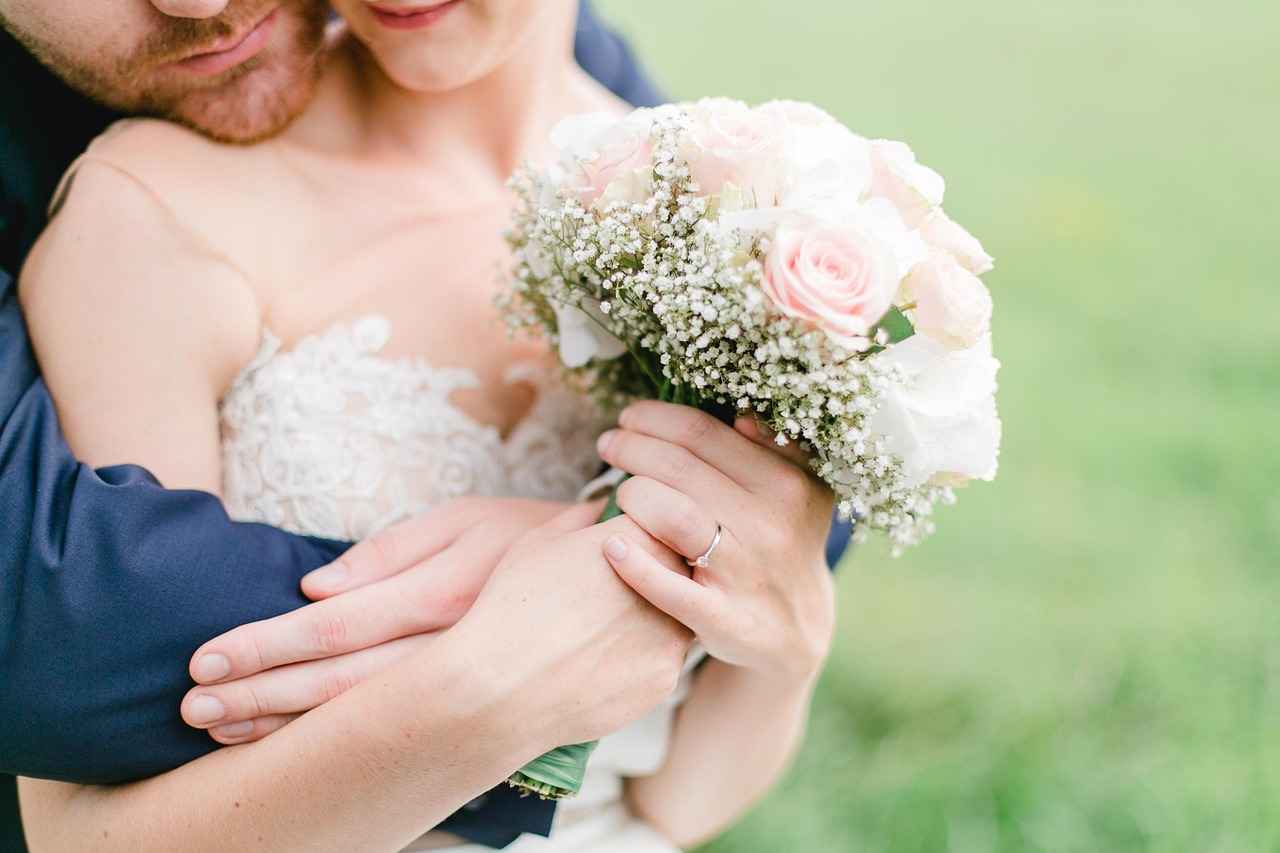
What Are the Latest Trends in Wedding Rings?
Staying informed about the latest trends in wedding rings is essential for couples looking to select a ring that not only symbolizes their love but also reflects modern styles. The world of wedding ring design is continually evolving, with innovative materials, unique designs, and personalized options becoming increasingly popular. In this section, we will explore some of the most exciting trends in wedding rings that can help you make a contemporary choice.
- Alternative Metals: While traditional gold and platinum remain popular, alternative metals such as titanium, tungsten, and cobalt are gaining traction. These materials are not only durable but also offer a modern aesthetic that appeals to many couples.
- Colored Gemstones: Instead of the classic diamond, many couples are opting for colored gemstones like sapphires, emeralds, and rubies. These stones add a personal touch and can represent the couple’s birthstones or favorite colors.
- Minimalist Designs: The trend towards minimalism has influenced wedding ring styles, with many couples choosing simple, elegant bands that focus on clean lines and understated beauty. This trend emphasizes quality over quantity, making it a timeless choice.
- Vintage and Antique Styles: Vintage rings are making a comeback, with many couples drawn to the charm and history of antique styles. These rings often feature intricate detailing and unique settings that tell a story, making them a popular choice for those seeking something distinctive.
- Custom Designs: Personalization is key in today’s market, with many couples opting for custom-designed rings that reflect their unique love story. Working closely with a jeweler, couples can create a one-of-a-kind piece that represents their individuality.
- Stackable Rings: The trend of wearing stackable rings allows couples to mix and match different styles and stones. This trend offers versatility and the opportunity to update or change the look of their wedding rings over time.
- Ethical Choices: More couples are prioritizing sustainability by choosing ethically sourced materials or lab-grown diamonds. This trend reflects a growing awareness of environmental and social issues in jewelry production.
In addition to these trends, it is essential to consider how these styles can harmonize with each other. Couples should think about their personal styles and how their rings will complement one another. For instance, if one partner chooses a vintage-style ring, the other might opt for a simpler band to create a balanced look.
As you explore the latest trends in wedding rings, remember that the most important aspect is choosing a ring that resonates with you and your partner. Whether you lean towards classic elegance or modern innovation, the right choice will symbolize your unique journey together.
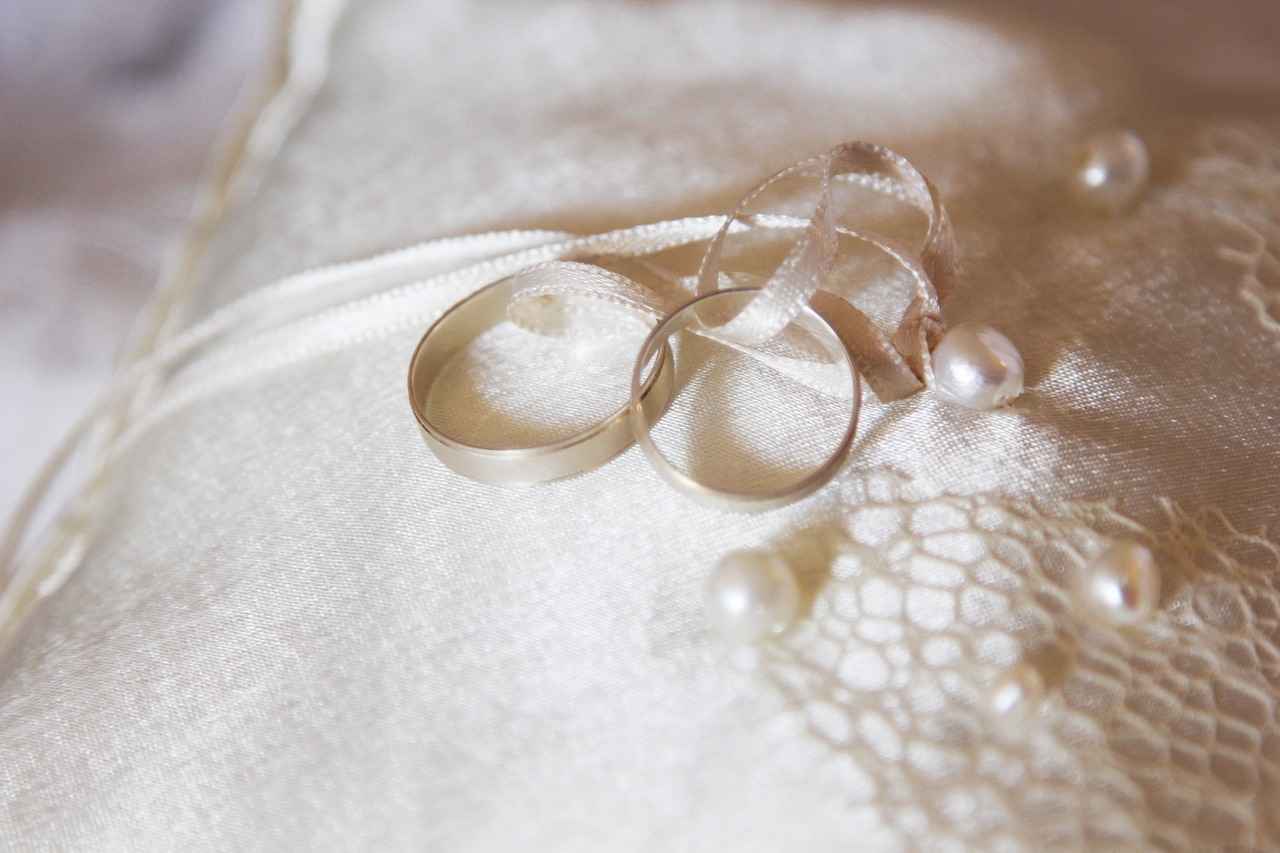
Why Is It Important to Buy from Reputable Jewelers?
When it comes to purchasing wedding rings, the importance of buying from reputable jewelers cannot be overstated. Wedding rings are not just symbols of love; they are also significant financial investments. Therefore, ensuring the quality and authenticity of these rings is essential for a lifetime of satisfaction. This section aims to guide you on how to identify trustworthy jewelers and what to look for in their offerings.
Identifying a reputable jeweler involves several key factors:
- Research and Reviews: Start by researching local jewelers online. Look for reviews on platforms like Google, Yelp, or specialized jewelry forums. Positive feedback from previous customers can be a strong indicator of reliability.
- Certifications: Check if the jeweler is affiliated with recognized organizations, such as the Gemological Institute of America (GIA) or the American Gem Society (AGS). These certifications indicate a commitment to ethical practices and quality.
- Experience: A jeweler with years of experience often has a wealth of knowledge and expertise. Ask about their history and how long they have been in business.
When exploring a jeweler’s offerings, consider the following:
- Quality of Materials: Inquire about the materials used in the wedding rings. High-quality metals such as platinum or 18k gold are preferable for durability and aesthetics.
- Craftsmanship: Examine the craftsmanship of the rings. Well-crafted rings will have smooth edges, even settings, and a polished finish. Don’t hesitate to ask about the jeweler’s manufacturing process.
- Return Policy and Warranty: A reputable jeweler should offer a clear return policy and warranty. This indicates confidence in their products and provides peace of mind for the buyer.
Transparency is a hallmark of reputable jewelers. They should be willing to provide detailed information about the origin of the materials, the grading of gemstones, and the pricing structure. If a jeweler is hesitant to share this information, it may be a red flag.
In today’s market, ethical sourcing is a significant concern. Look for jewelers who adhere to the Kimberley Process for diamonds, ensuring they are conflict-free. Additionally, inquire about their practices regarding labor and environmental sustainability. Reputable jewelers often take pride in their ethical commitments and will be happy to share this information.
Purchasing from reputable jewelers not only guarantees quality and authenticity but also provides a sense of security. You can trust that your wedding ring will hold its value over time and can be resold or inherited in the future. Furthermore, reputable jewelers often offer exceptional customer service, guiding you through the selection process and ensuring you find the perfect ring that fits your style and budget.
In summary, buying wedding rings from reputable jewelers is essential for ensuring quality, authenticity, and ethical practices. By conducting thorough research and understanding what to look for, you can confidently choose a jeweler that meets your needs and expectations.
Frequently Asked Questions
- What materials are best for wedding rings?
When it comes to wedding rings, durability and style matter! Popular choices include gold, platinum, and even alternative metals like tungsten or titanium. Each material has its unique qualities, so consider what fits your lifestyle and aesthetic preferences.
- How can I ensure I get the right ring size?
Getting the perfect fit is crucial! To measure your ring size accurately, try using a ring sizer or visit a jeweler for assistance. Remember, your fingers can change size due to temperature and time of day, so measure at different times for the best results!
- Are custom-designed wedding rings worth it?
Absolutely! Custom designs allow you to create a ring that reflects your unique love story. Working closely with a jeweler can help you bring your vision to life, ensuring that your ring is not just beautiful but also meaningful.
- What is the average cost of wedding rings?
The cost of wedding rings can vary widely depending on the materials and designs you choose. On average, you might spend anywhere from $500 to $3,000 or more. Setting a budget early on can help you navigate your options without breaking the bank!
- How can I care for my wedding ring?
Proper maintenance is key! Regularly clean your ring with a gentle soap solution and a soft brush. Also, consider removing it during activities that could cause damage, like exercising or cleaning, to keep it looking as stunning as the day you got it!
